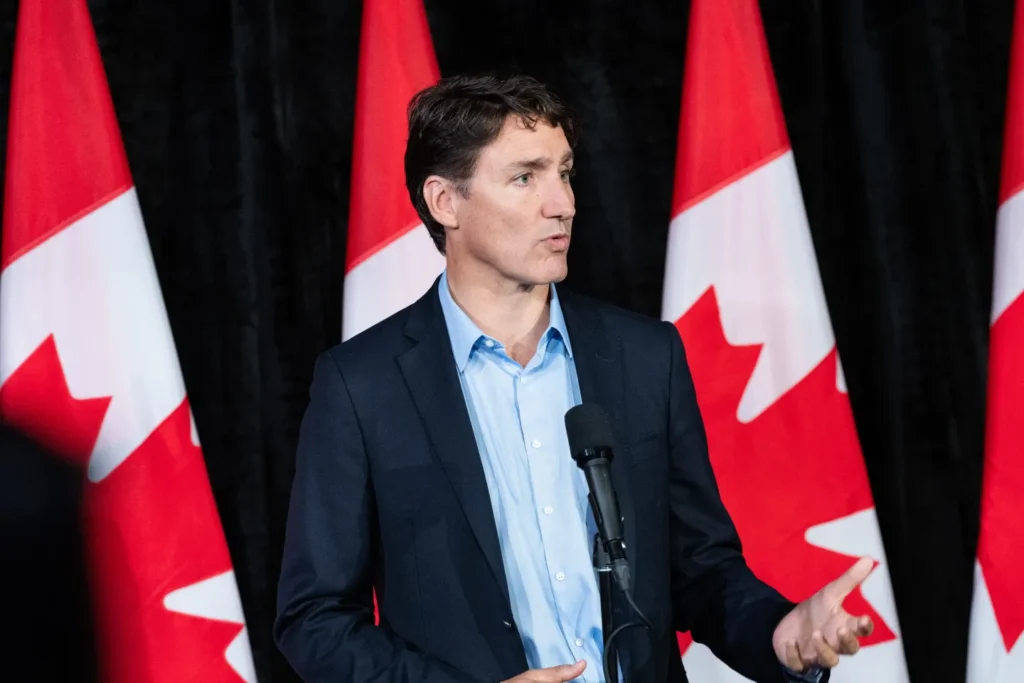The Canadian government has declared its intention to impose a 100% tariff on Chinese electric vehicles and a 25% tariff on Chinese steel and aluminum imports, mirroring recent actions taken by the United States. Prime Minister Justin Trudeau made the announcement on Monday, citing concerns about China’s state-directed policy of overcapacity in these industries.
The new tariffs will go into effect on October 1, 2024. Trudeau emphasized the importance of aligning Canada’s trade policies with other global economies to address what he described as unfair trade practices by China.
The move comes in the wake of similar measures taken by the United States and the European Union. In May, the U.S. announced increased tariffs on Chinese electric vehicles, semiconductors and other strategic goods. The EU also imposed tariffs of up to 36.3% on imported electric vehicles.
The Canadian government is considering additional punitive measures, including possible tariffs on chips and solar cells. These actions are part of a broader strategy to position Canada as a key player in the global electric vehicle supply chain and to protect the domestic industry.
The announcement has raised questions about its impact on companies like Tesla, which has been exporting vehicles from its Shanghai factory to Canada. Tesla’s shares experienced a decline following the news, with analysts suggesting the company may need to adjust its logistics to export vehicles from its U.S. facilities to the Canadian market.
Canada’s decision reflects growing global concerns about China’s trade practices and its impact on domestic industries. The move has been welcomed by Canadian automotive industry representatives, who view it as a necessary step to defend the domestic market.
As global trade tensions continue to evolve, the implementation and potential adjustments to these tariffs will be closely watched by industry stakeholders and international observers.
Source: Fastmarkets, The Guardian
















